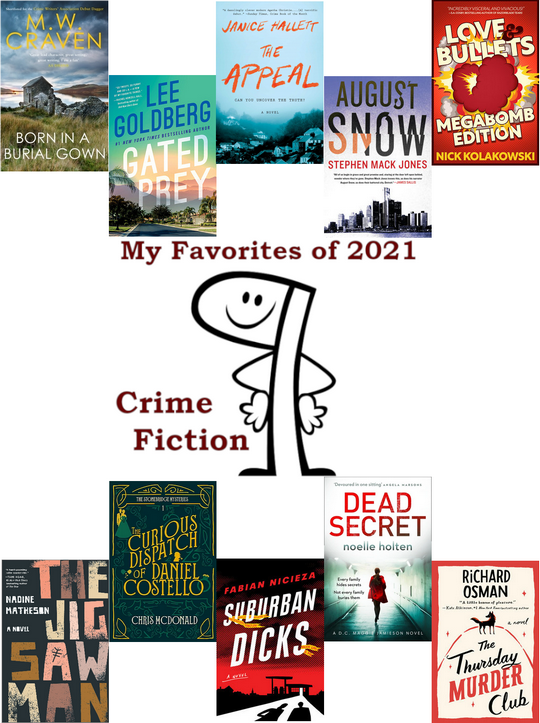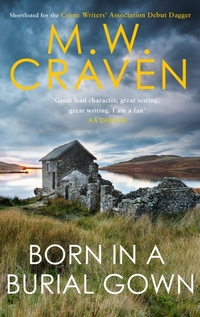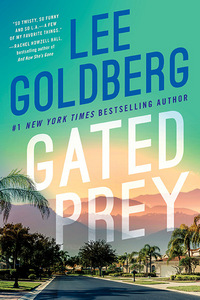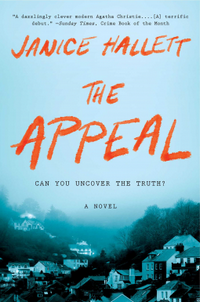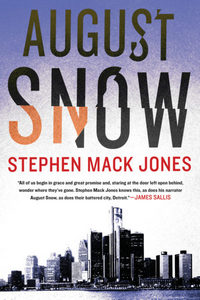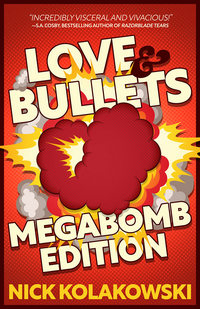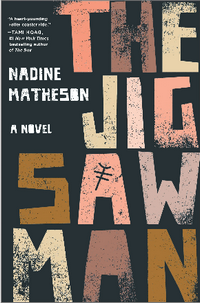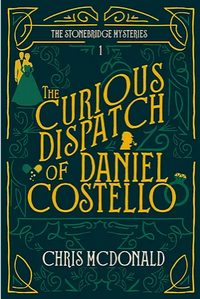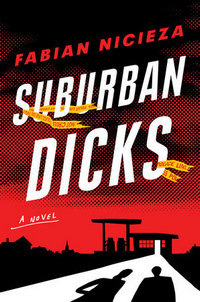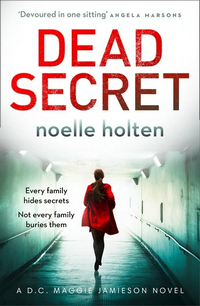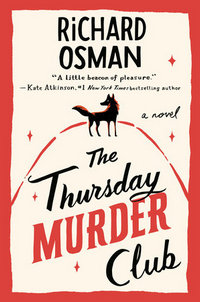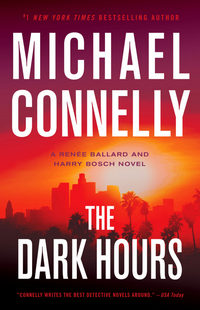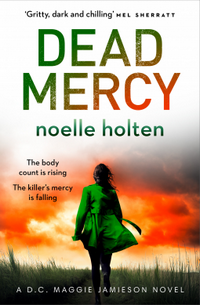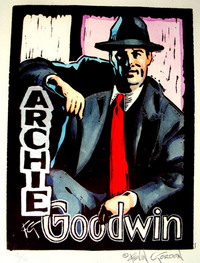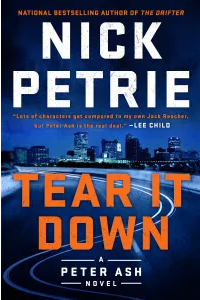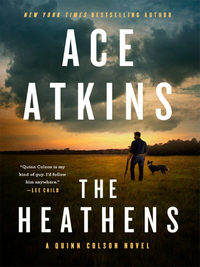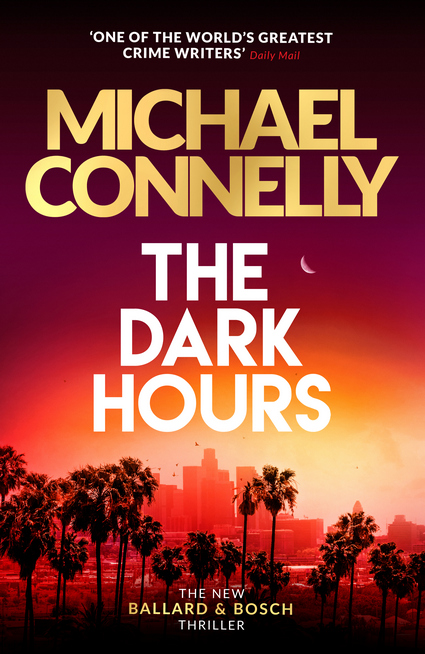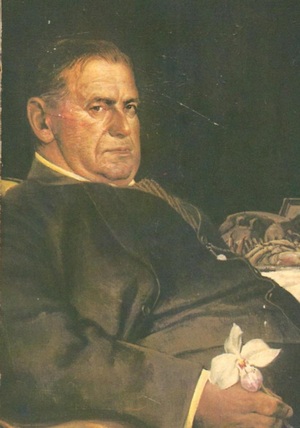The fifth Madam Tulip—Madam Tulip and the Rainbow’s End—book came out two weeks ago, and I’ve somehow conned the author, David Ahern, to come back for his third Q&A with me. I’ll try to get my post about the book up in a couple of hours, but until then, enjoy Ahern’s As to my Qs. And maybe go check out his website and the books if you haven’t yet.
Madam Tulip’s back for her fifth adventure, you’ve said all along that this was intended as a series—did you see it going this long originally? Have the characters/mysteries developed the way you initially imagined, or have they taken on directions you didn’t expect?
I did envisage five books, but only if I could make each as good or better than the last. I’ll be honest, I hadn’t a clue how the characters would develop. They’ve gone their own way, and I just tag along. They’re wandering into book #6 just now.
On the craft side of writing—looking back over these five books (plus whatever drafts you have in progress), can you see the difference in your own writing? Would you say you’re a better writer now, or (as I’ve heard others say) are you finding new and exciting mistakes to make?
If I wasn’t learning something with every book, I’d quit. Writing by numbers, never trying anything new, would make writing too boring for me. On the other hand, getting out of the comfort zone is risky. With ‘the Rainbow’s End,’ I thought more than once I might not be able to pull off what I was trying to do. The story has both a mystery and a puzzle running in parallel. Neither should weaken the other, and they have to synch neatly at the end. Technically a tall order, but I knew if it worked it would be a great read. And when you do pull off a craft challenge and everything clicks, you know it, and that’s satisfying.
While the MadamTulip books aren’t really “humor” per se, there’s a lot of comic moments throughout them. One of the things I’ve been thinking about lately is how authors strike the balance between comedy and the serious matters being depicted in their stories. How do you approach this idea? Also, is that something that’s there from the first draft onwards? Or is that something you address in one of your re-writes? On a related note: when you read for pleasure, what do you gravitate toward—the comedic or the serious/dark?
On the technical side, mixing humor and serious material does have to be managed carefully, but it’s more instinctive with me than thought through. I never have to redraft for taste reasons, only for pace. Good mysteries are very moral books and crime isn’t funny. Folly is where the comedy lives, and that’s ok.
I’ve always loved comic writing. Thurber, Wodehouse, our own Flann O’Brien, Douglas Adams – I adore them. Most of my reading these days is non-fiction, especially history, and almost all of my TV work when I used to produce documentaries was on subjects that don’t leave much room for cheer. Humor is a great relief from all of that. I’ve pretty well given up reading dark fiction, especially anything with graphic violence. Having said that, I’m reading Alexander Pope’s translation of Homer’s Illiad right now, and the thing is one long catalogue of brilliantly described homicides. I should stop reading it but I can’t. That boy Homer has talent and may have a future.
Not only do you have to come up with new settings and mysteries for Derry to stumble into for each book, you have to come up with a storyline for her father, Jacko. Which idea is harder to plan: his escapades or Derry’s? The first time we did a Q&A, you said your grandfather inspired Jacko—are you still drawing on your memories of him?
Derry’s adventures are by far the most demanding, because they’re both mystery and thriller. Jacko’s scrapes seem to arrive of their own accord, though I do like them to share something of the same drivers as the main story. In ‘the Rainbow’s End,’ everybody is chasing some dream, and Jacko is no exception.
Yes, my old granda is still in my thoughts. He had the wonderful quality of relishing life with an infectious enthusiasm. He always had a plan, usually none too practical. My mother lately reminded me that when he left the Irish Army (he was a sergeant several times), he spent his gratuity payout on a piano he could hardly play and a stuffed alligator that cluttered up the hallway for years. I guess he just liked the idea at the time.
We’ve also talked about Bruce before—Derry’s ex-Navy SEAL friend who she can pal around with, and who provides the physical prowess she occasionally has to have to stay alive. He’s such a great character, have you considered a novel/short story focused on him alone?
To be honest, I haven’t thought of a way to do that. Although the Tulip stories are unlikely in the way all amateur sleuth stories are, I keep them psychologically very realistic. Bruce uses his acting vocation to help cope with the more troubling things from his history in the service. That works for him, and no big deal is made about it. But if he were the main character, keeping him realistic without veering into the darker side would be impossible and not the Bruce we know now. In the life he has in the Tulip stories, he’s just himself. There’s something charmingly unreflective about him that in a main character could veer into a cartoon.
What’s next for David Ahern, author?
Another Madam Tulip. She’s not finished with me yet.
That sounds like a win for me! Thanks for your time—and thanks for Madam Tulip and the Rainbow’s End and I hope you have plenty of success with it.
Thanks, H.C. A pleasure talking to you as always.



